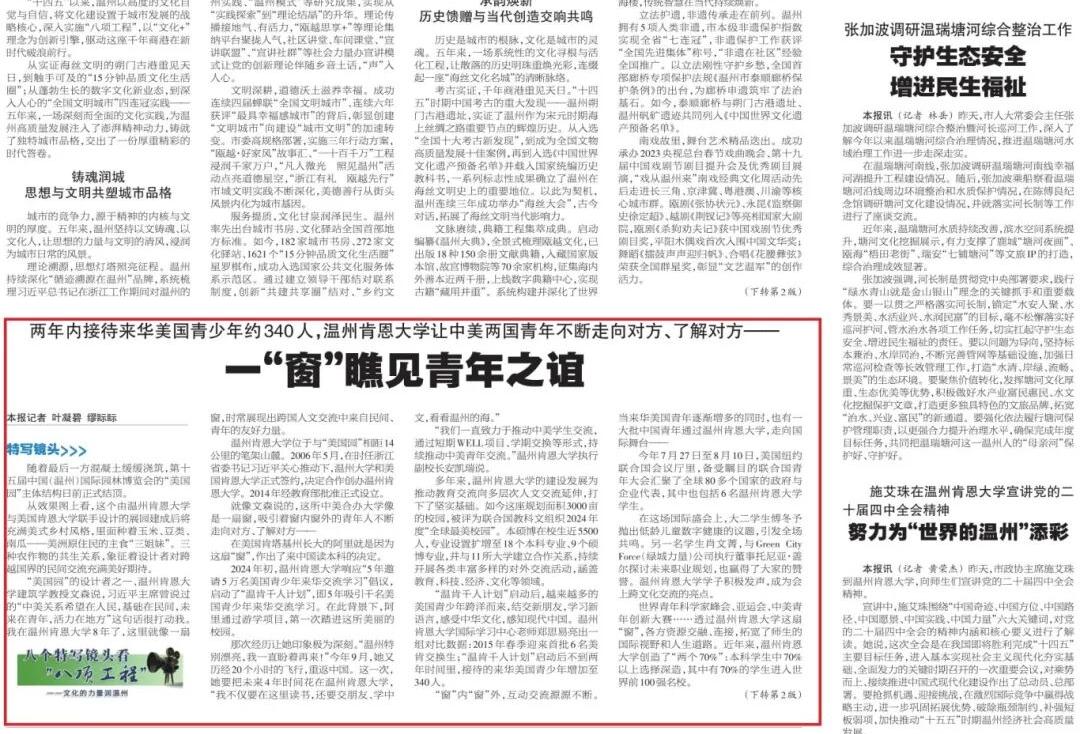
Leonard Lipovich
-
Position:Research Professor of Biology
-
College:College of Science, Mathematics and Technology
-
Office:CSMT 407
-
E-mail:
Education background
B.A. cum laude in Biological Sciences
(concentration in Genetics and Development)
Cornell University 1998
Ph.D. in Molecular Biotechnology
(Department of Genome Sciences)
University of Washington, Seattle 2003
Postdoctoral: Computational and Mathematical Biology
Genome Institute of Singapore 2003-2006
Courses teaching in WKU
BIO 3709 Genetics
STME 5103 Scientific Writing and Presentation
Independent Research
(Undergraduate and M.Sc. Dissertation) mentoring
Biography
Leonard Lipovich is an internationally recognized pioneer in long non-coding RNA (lncRNA) biology of human disease. He earned his B.A. (cum laude) in Genetics and Development from Cornell University (1998), and his Ph.D. in Molecular Biotechnology at the University of Washington, Seattle (2003). He completed postdoctoral training at the Genome Institute of Singapore, where he identified the first mammalian lncRNA functional in stem cell pluripotency and - while leading an international project with the Japan-based FANTOM Consortium - discovered the genomic prevalence of evolutionarily non-conserved, primate-specific lncRNAs at human bidirectional promoters and sense-antisense gene pairs.
He joined Wayne State University in Detroit, Michigan, USA in 2007, as an assistant professor. There, he developed the first-ever published catalog of human lncRNA genes supported by full-length experimental data. Leading a platform effort within the ENCODE (Encyclopedia of DNA Elements) Consortium – a direct successor to the Human Genome Project – Prof. Lipovich was the first to empirically reveal unexpected ribosomal translation of short open reading frames from lncRNAs in human cells. He attained an associate professorship and tenure in 2013, received the prestigious U.S. National Institutes of Health (NIH) Director's New Innovator Award (2014-2019), and was promoted to a full professorship in 2019. His work has been fundamental to establishing how primate-specific lncRNAs directly contribute to the etiology of cancer, diabetes, and epilepsy and can be targeted by sequence-based drugs.
To date, Prof. Lipovich (h-index: 45) has published 89 peer-reviewed papers (including 36 as a first, last, or principal author), delivered over 50 invited presentations, and organized numerous sessions at key conferences. He chaired both the first Keystone Symposium and the first Royal Society international scientific meeting devoted specifically to lncRNA. He has earned numerous awards, including multiple Research and Teaching Excellence Awards and the Charles H. Gershenson Distinguished Faculty Fellowship at Wayne State University. He joined WKU in 2024. A biotech industry enthusiast, he is concurrently active in RNA drug development efforts with startup companies in Shenzhen and Belfast. His goal is to improve human health through lncRNA-targeted post-genomic therapeutics.
Research interests
Prof. Lipovich’s research centers on long non-coding RNA (lncRNA) genes that cause human diseases, with an emphasis on primate-specific lncRNAs, which have arisen during recent evolution and lack non-primate animal models, as contributors to disease as well as to primate including human phenotypic uniqueness. His work is both computational and experimental, and resides at the interface of clinical-translational RNA biology, genomics, and precision medicine. He carries out genome-scale identification of human disease-causing lncRNAs from Genome-Wide Association Studies, whole-genome sequencing, and high-throughput functional assays. Experimental validation and drug targeting of disease causal primate-specific lncRNAs in diabetes, cancer, and epilepsy has led Prof. Lipovich toward the development of lncRNA-targeting, RNA-based drugs for novel treatments of these disorders.
Selected Publications/scholarly and creative work
* (asterisk) indicates members of the Lipovich Laboratory
Choo SW, Zhong Y*, Sendler E, Goustin AS*, Cai J*, Ju D*, Kosir MA, Giordo R*, and Lipovich L. Estrogen distinctly regulates transcription and translation of lncRNAs and pseudogenes in breast cancer cells. Genomics 114(4):110421, 2022.
Manning AK, Goustin AS*, Kleinbrink EL*, Thepsuwan P*, Cai J*, Ju D*, Leong A, Udler MS, Brown JB, Goodarzi MO, Rotter JI, Sladek R, Meigs JB, and Lipovich L. A Long Non-coding RNA, LOC157273, Is an Effector Transcript at the Chromosome 8p23.1-PPP1R3B Metabolic Traits and Type 2 Diabetes Risk Locus. Frontiers in Genetics
doi: 10.3389/fgene.2020.00615, 2020.
Lin CY, Kleinbrink EL*, Dachet F, Cai J*, Ju D*, Goldstone A*, Wood EJ*, Liu K, Jia H*, Goustin AS*, Kosir MA, Thepsuwan P*, and Lipovich L. Primate-specific oestrogen-responsive long non-coding RNAs regulate proliferation and viability of human breast cancer cells. Open Biol. 6: 12 (e-publication), 2016.
Bánfai B#, Jia H*#, Khatun J#, Wood E*, Risk B, Gundling W*, Kundaje A, Gunawardena HP, Yu Y, Xie L, Krajewski K, Strahl BD, Chen X, Bickel PJ, Giddings MC, Brown JB^, and Lipovich L^. Long noncoding RNAs are rarely translated in two human cell lines.
Genome Research 22: 1646-1657, 2012.
# joint first authors;; ^ joint last authors
Sheik Mohamed J*, Gaughwin PM, Lim B, Robson P, and Lipovich L. Conserved long noncoding RNAs transcriptionally regulated by Oct4 and Nanog modulate pluripotency in mouse embryonic stem cells.
RNA 16: 324-337, 2010. Selected by Faculty Of 1000 Biology.
Engström PG, Suzuki H, Ninomiya N, Akalin A, Sessa L, Lavorgna G, Brozzi A, Luzi L, Tan SL, Yang L, Kunarso G*, Ng E*, Batalov S, Kai C, Kawai J, Carninci P, Hayashizaki Y, Wells C, Bajic VB, Orlando V, Reid JF, Lenhard B, and Lipovich L. Complex loci in mammalian genomes.
PLoS Genetics 2(4):e47 (e-publication), 2006.
College Programs
- B.S. Chemistry
- B.S. Environmental Science
- B.S. Biology (Cell and Molecular Biology Option)
- B.A. in Mathematical Sciences (Data Analytics Option)
- B.S. Computer Science




